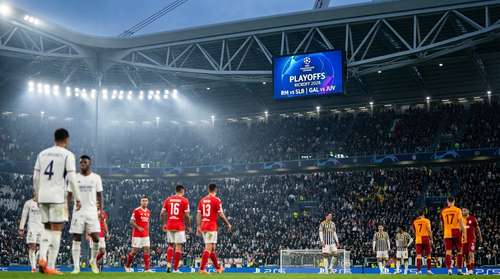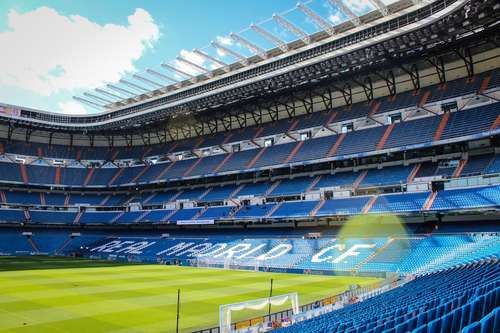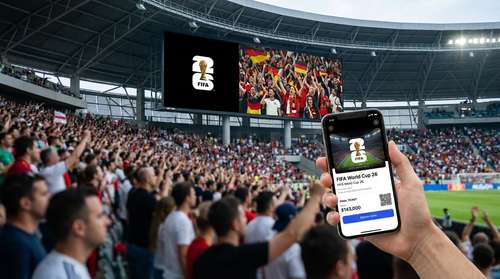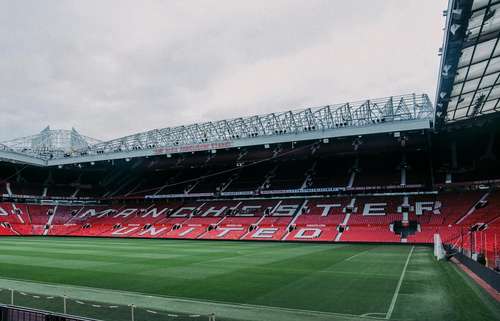Barcelona, the renowned soccer team with a global following, is currently at the center of a scandal after being implicated in a sizable referee-related bribery scam. Wide-ranging repercussions of this major scandal could put the club's participation in renowned competitions like the Champions League in jeopardy.
Significant payments made by Barcelona to businesses owned by Jose Maria Enriquez Negreira totaling €7.5 million ($7.9 million) are at the center of this growing controversy. These payments were made to Negreira, a former vice president of the Technical Committee of Referees (CTA), over a significant period, from 2001 to 2018.
Barcelona has vehemently defended these transactions throughout the turbulent course of this controversy, insisting that they were proper payments for consultation services.
This affair began in March when the Barcelona provincial prosecutor's office accused the team of "continued corruption between individuals in the sports field." This led UEFA to open its inquiry into the situation. Barcelona was conditionally permitted to compete in the Champions League by UEFA in July, although the association reserved the right to bar the team based on further events.
The story, however, took a noticeably gloomy turn in September as a result of a report from Spain's Civil Guard that the court requested. According to the study, Negreira's referees weren't always unbiased in their judgments. It raised questions about the fairness of the referee committee's decisions by exposing what it called an "irregular operation" there.
The most recent meaningful event in this drama was Judge Joaquin Aguirre's modification of the charges. According to Aguirre, Negreira should be charged with bribery due to his receipt of money from Barcelona while exercising public functions.

The cessation of these payments upon Negreira's resignation is significant and implies a correlation between the payments and his influential position in the referee-controlling organization.
This decision had repercussions that went beyond Barcelona, implicating not only the team but also its past presidents, Josep Maria Bartomeu and Sandro Rosell, as well as Negreira and his son, who were also accused of bribery.
This understanding of bribery is given more weight by Aguirre's claim that bribery occurs whenever an official accepts payment in exchange for a favor, regardless of whether the favor materializes. If the case goes to trial, a jury made up of nine members of the public will eventually decide Barcelona's guilt or innocence because of the nuanced shift in the accusations.
The scandal's repercussions are severe and will especially affect Barcelona's 2023–2024 Champions League campaign. The team faces the looming potential of a ban that may last at least a year in the following season, casting a cloud over their objectives despite a bright start with a 5-0 victory against Royal Antwerp.
The governing body of European football, UEFA, is also on high alert and reserves the right to take extra measures if new developments in the ongoing "Caso Negreira" in Spain materialize.
Barcelona is allegedly involved in a serious controversy involving claims of bribery in connection with significant payments made to a former member of the referee committee.
The club is facing serious accusations that might have a big influence on its ability to compete in premier competitions in the future. The complex web of bribery charges continues to fall apart in this continuing legal saga, which has captured the interest of the football community.




